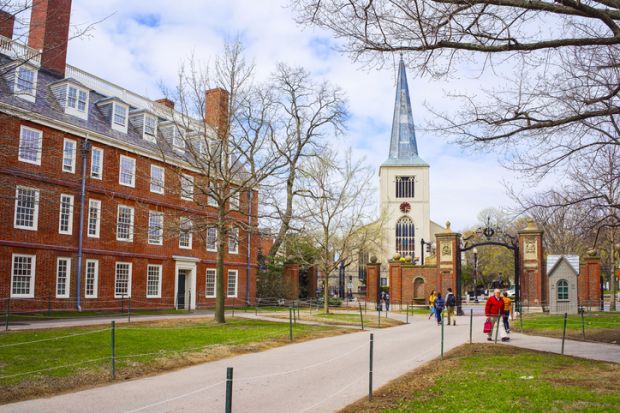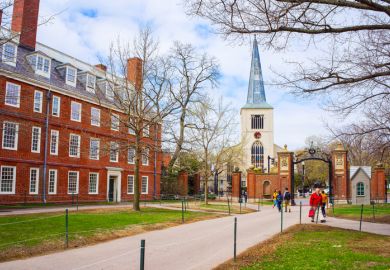Harvard University has rescinded the place granted to a survivor of last year’s Parkland high school shooting in Florida after learning that the student repeatedly used racial slurs in social media postings.
The student, Kyle Kashuv, is a conservative political activist who gained wide recognition – including a meeting with President Trump – after the February 2018 killings of 17 students and staff at Marjory Stoneman Douglas High School in Parkland, north of Miami.
While many of his classmates became known for advocating gun control measures after the shootings by one of their former classmates, Mr Kashuv stepped up his work with conservative groups and politicians to promote gun usage.
Months before the shootings, however, Mr Kashuv has now acknowledged in response to disclosures, that he distributed written racial insults, including repeated and emphatic uses of the N-word.
On Monday, he posted an exchange with Harvard officials over a period of about two weeks in which they described learning about those writings, investigating them and rescinding his admission.
In the exchange, Mr Kashuv pleaded with Harvard to understand that he wrote the comments as a 16-year-old, now rejected such thoughts, and hoped to learn from the incident.
Harvard’s dean of admissions, William Fitzsimmons, wrote back on 3 June saying that the university’s admissions committee “appreciated your candour and your expressions of regret” but had decided “after careful consideration” to rescind its offer of admission. “As you know,” Mr Fitzsimmons wrote, “the committee takes seriously the qualities of maturity and moral character.”
A Harvard spokeswoman said that the university did not comment publicly on the admissions status of individuals. She acknowledged that acts concerning “honesty, maturity or moral character” were among five categories of reasons for which Harvard may rescind an admissions offer.
Mr Kashuv, in a series of Twitter posts on the matter, said that Harvard’s action “sent me into one of the darkest spirals of my life”. He said that he had already declined “huge scholarships” elsewhere to accept Harvard’s offer to attend, and added: “I’m exploring all options at the moment.”
Situations of the type facing Mr Kashuv appear to be growing in the internet era, with increasing numbers of universities checking social media histories as part of their admissions reviews, and rescinding offers when they discover new information.
One of the biggest and highest-profile examples came two years ago at Harvard when the university rescinded admissions offers to at least 10 students who discussed minorities and sexually explicit material in a private Facebook group.
Register to continue
Why register?
- Registration is free and only takes a moment
- Once registered, you can read 3 articles a month
- Sign up for our newsletter
Subscribe
Or subscribe for unlimited access to:
- Unlimited access to news, views, insights & reviews
- Digital editions
- Digital access to THE’s university and college rankings analysis
Already registered or a current subscriber? Login







